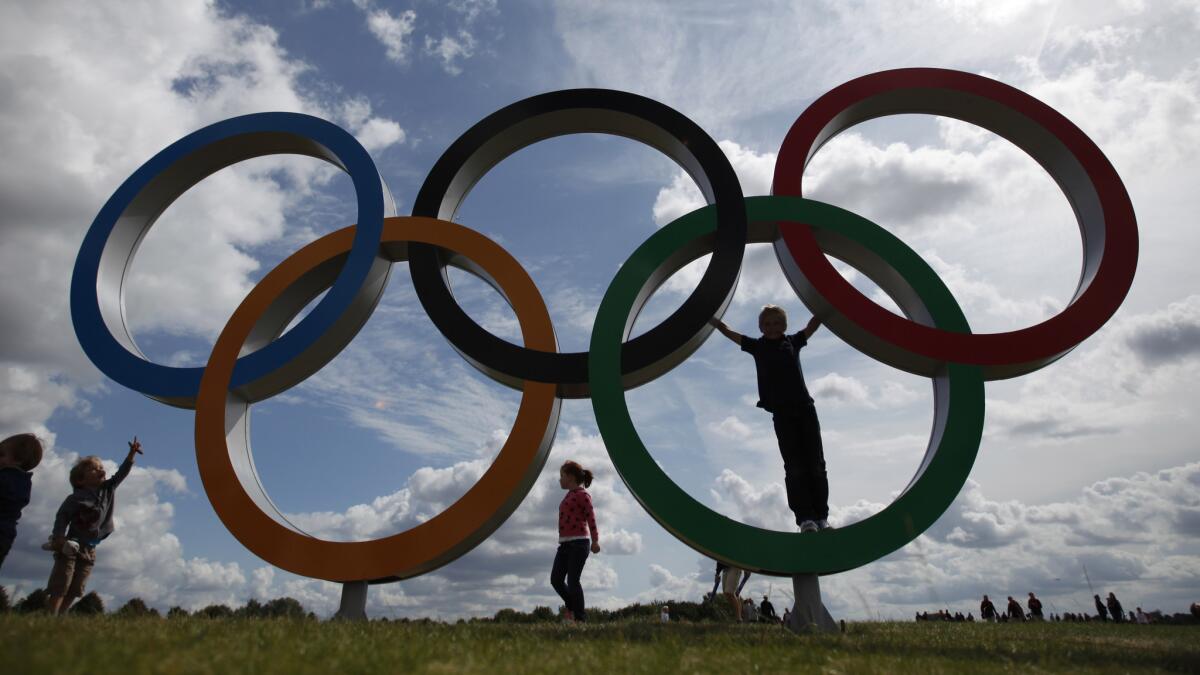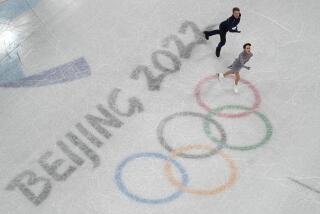More Olympians stripped of medals in continued retesting

The revelations would be even more disturbing if they weren’t so common, with Olympic leaders announcing on a regular basis that they are stripping medals from athletes who doped at previous Games.
On Thursday, the International Olympic Committee said the campaign to retest stored samples had netted eight more cheaters from the 2012 London Games.
The news came a day after nine athletes from the 2008 Beijing Games were found to have used performance-enhancing drugs.
Scores of athletes have been caught since the retesting program began.
This week’s positives included medalists from Kazakhstan, Belarus, Uzbekistan, Russia and Ukraine. Weightlifting accounted for 11 of the 17 retroactive sanctions, with three gold, two silver and three bronze medals taken away.
That shouldn’t come as a surprise — the sport has long struggled with doping and has accounted for an alarming percentage of the retesting positives.
The IOC stores blood and urine samples collected during competition so that it can take advantage of improved testing methods at a later date.
Also this week, the World Anti-Doping Agency announced the second part of the McLaren Report is expected to be released in December.
Richard McLaren has headed an independent team investigating allegations of systemic cheating in Russia.
The first report led to widespread repercussions, with much of the Russian team ultimately banned from the 2016 Summer Games in Rio de Janeiro.
More to Read
Go beyond the scoreboard
Get the latest on L.A.'s teams in the daily Sports Report newsletter.
You may occasionally receive promotional content from the Los Angeles Times.







